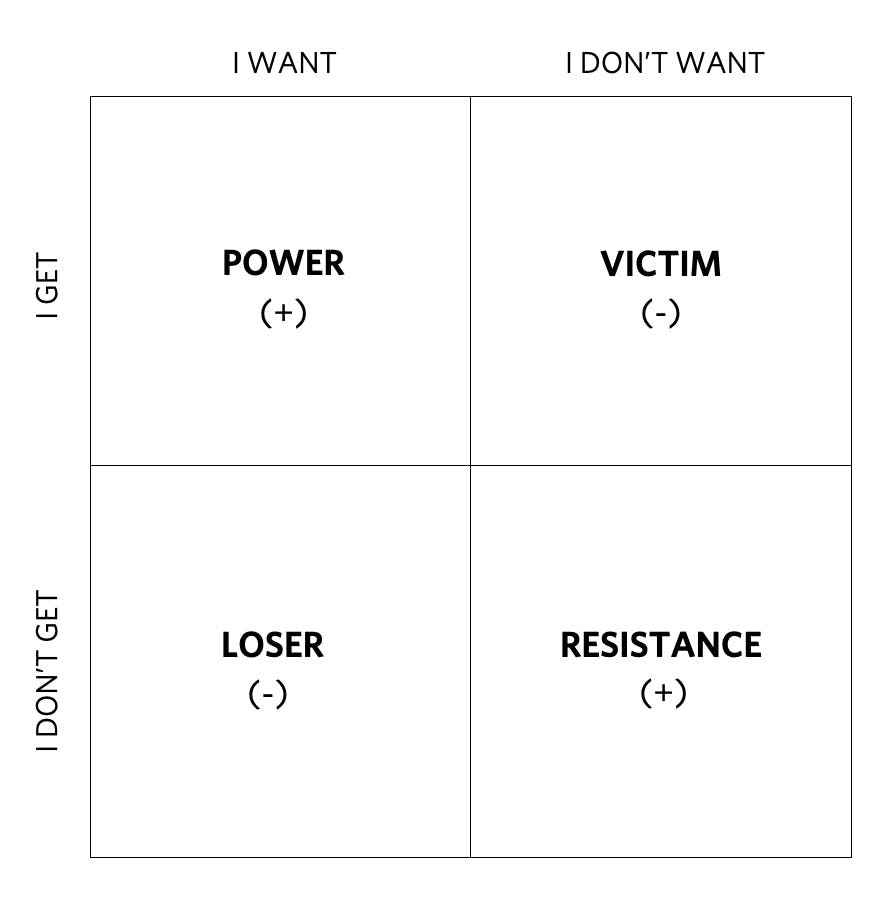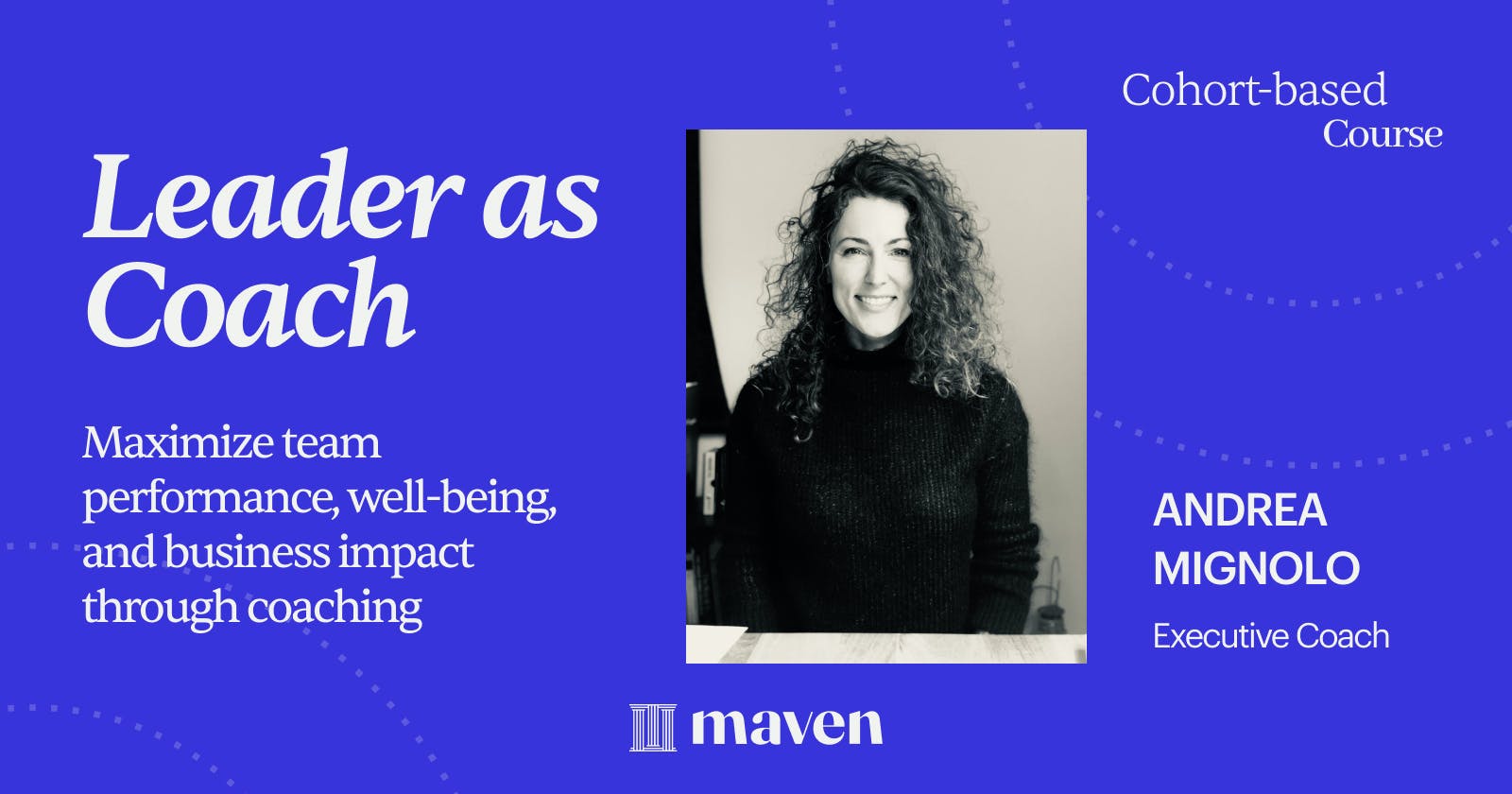the becoming: December 28, 2022
End of Year Reflections and Other Sundries
 Winter woods in Durham, North Carolina. December 2022
Winter woods in Durham, North Carolina. December 2022
Hello, I’m Andi, this is the becoming, and I’m so glad you are here. December’s edition explores year end reflections, the relationship between power and resistance, a new (potential) course for leaders who want to add coaching to their skillset, and an upcoming talk.
What’s cooking: empanadas and tortilla de patatas
This is an archived version of the becoming. You can sign up to receive future editions using the form at the bottom of this page.
End of Year Reflections
I’m pretty big on reflective practices, but not so big on structure. Personally, I find extensive guides with prompts for every category of life to be pretty draining. On any given day I’m not sure what will be energy giving and where my curiosity will take me, which also holds true for whenever I happen to sit down to reflect on a cycle of time. Because of this I’ve created my own reflection process that keeps me focused but also allows me to play.
I shared it publicly for the first time last year to positive response, and this year I revised it slightly to include a piece of my process that was missing. The updated version contains a new section for reflecting and capturing who you are and what you are up to in the world right now. This is about connecting to yourself and sensing what is most alive for you in the moment you are sitting down and beginning to reflect. Like a balance sheet - a financial snapshot of a business at a certain point in time - what gets captured in this exercise can be compared year over year so you can begin to see the thread that connects who you were, who you are, and who you are becoming.
You can access the full guide here on Medium: At the End of the Year: Guided Reflections Across a Transitional Threshold.
The Relationship Between Power and Resistance
Here is a fun bit that surfaced in my research on resistance in organizations: the origin of resistance is not in the context of change, it is in the context of power. I first stumbled across H.B. Karp’s Power Resistance model in “A Gestalt Coaching Primer” which lead me to “The Change Leader: Using a Gestalt Approach with Work Groups” where Karp discusses the model in more detail. There really isn’t much about this on the internet, which surprises me because the insights that come from this model seem incredibly useful (more on that in a minute).
Most business rags (e.g. HBR, MIT Sloan Management Review, business + strategy) view resistance as a natural part of change and authors who write on the topic offer strategies for overcoming it. This itself is revealing: resistance as something to be dealt with and defeated, rather than something that might provide meaningful insight and relevant knowledge. I have yet to come across an article written from the perspective of those experiencing the change, or that invite the possibility that maybe the proposed change isn’t really the right way to go.
Gestalt psychology brings a new perspective, one that sees resistance as a healthy and vital part of a system. I mean, just pause for a minute and really imagine what it would be like to work in an organization that never resisted change. It might be exciting! It could also be incredibly confusing and a lot of energy would go into simply understanding the state of the organization in any given moment. Which is to say, resistance can act as a stabilizing force in a system. When leaders try to overcome resistance, they loose access to important information and organizational awareness.
But resistance is not a monolith, and Karp’s model brings something very interesting into our field of focus: resistance can be either functional or dysfunctional and it’s pretty useful to know which you are dealing with.
 H.B. Karp's Power Resistance Model
H.B. Karp's Power Resistance Model
There are four possibilities here: I want something or I don’t, and either I get that that thing or I don’t. As Karp says, “power is a means to an end, not an end in itself, and resistance operates exactly the same way.” So power and resistance are both positive, functional conditions. Getting what we want and avoiding what we don’t want are equivalent. On the other hand, there are two negative, dysfunctional conditions where we want something and don’t get it, or don’t want something and get it anyways. I’m not the biggest fan of the labels for these, but they make their point.
Dorothy E. Siminovitch describes the difference between them as positive and unaware resistance and says, “positive use of resistance helps maintain the personal power of self-integrity and identity, but unaware resistance leaves us vulnerable to ‘loser’ or ‘victim’ status that seems to be beyond our control.” Positive resistance is about setting boundaries while unaware resistance leads to old patterns of self-defeating and distressing behavior, such as teams complaining but not taking action and passive-aggressive acting out.
Hierarchy is a natural part of organizations, and with hierarchy comes power. I’m incredibly curious about how often positive resistance is possible in settings where ‘no’ is not an acceptable response. What forms of boundaries do people and teams put in place to ensure they don’t get what they don’t want? Or does very lack of the ability to say ‘no’ take away the possibility of positive resistance entirely?
Leader as Coach: A Cohort-based Course

I’ve been thinking a lot about how to teach essential coaching skills to leaders and managers. There are some great books and articles that cover various coaching models, but books aren't enough. In the same way we can’t read a pile of books on how to play the piano and then play a concerto the first time we sit down at one, we can’t read a pile of books on coaching and expect to fluidly coach the first time we try with another human. At the same time, leaders don’t need to be professional coaches, they just need the foundations and some safe space to put it all into practice.
I’m currently designing a course (in beta) for leaders who want to integrate coaching into their work through hands-on practice. Right now I’m planning on running the first cohort at the end of January, from January 30th to February 3rd. It’s short and intense - 5 two hour workshops across the course of a week. Each workshop will focus on a theme, introduce relevant frameworks and methodologies, and then create experiential learning opportunities for folks to put the learnings into practice.
If this sounds relevant to you or anyone you know, head to Maven.com to learn more and sign up for announcements.
Leading Design Conference in San Francisco

In 2020 I gave a virtual talk at a conference halfway around the world. Owing to my inability to understand timezones and calendars, the talk was scheduled for 4:30am in California. I woke up, got dressed, put on makeup, and sat down at my computer. The conference organizers prepped me on how the video transition would happen and when I should begin speaking. 10 minutes later, I was on!
And for the next 30 minutes I spoke into a camera, a ring light illuminating my office while the darkness of night reigned outside my windows. I brought energy, I gestured, I told stories, I shared insights. All into the void of the camera and my still, quiet, cold office. On screen I could not see any of the participants. I could not gauge reactions. It was just me, in my office, hoping that someone was on the other side. When it was over I crawled back into bed (in full clothes and makeup) and slept for a few hours. The rest of the day I felt pretty dejected and depressed, and vowed to not do talk until I could be in person again.
Which brings us to 2023! Leading Design is happening in San Francisco in February and I’ll be giving my first in-person talk since the pandemic: “It’s Okay to be the Boss!” I’m excited about the topic (which takes its cue from many client conversations over the years) and even more excited to be at a conference again with so many wonderful people.
If you are interested in attending I have a discount code you can use for 20% off the ticket price: JOINANDREA.
Thanks for listening. I hope you have a wonderful, nourishing, and restful end of the year.